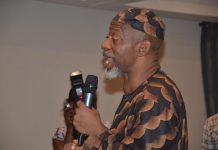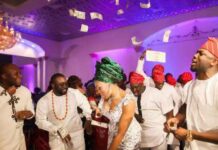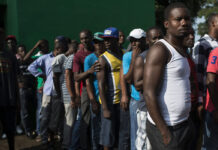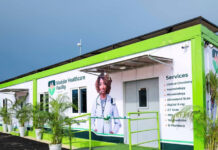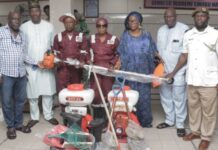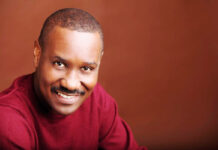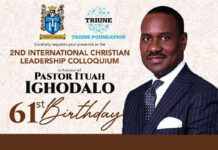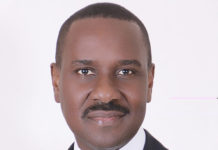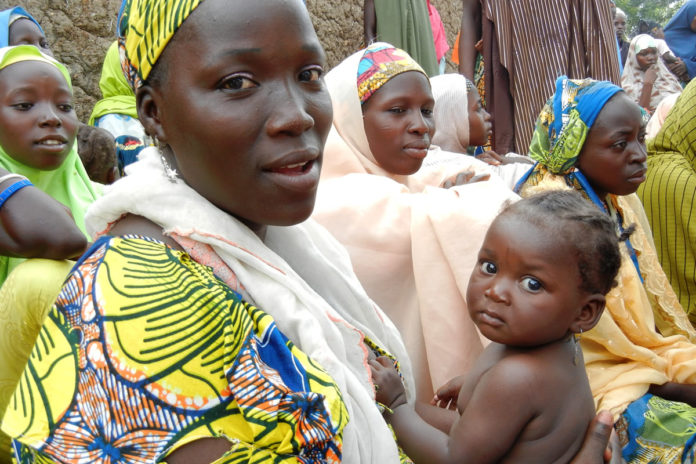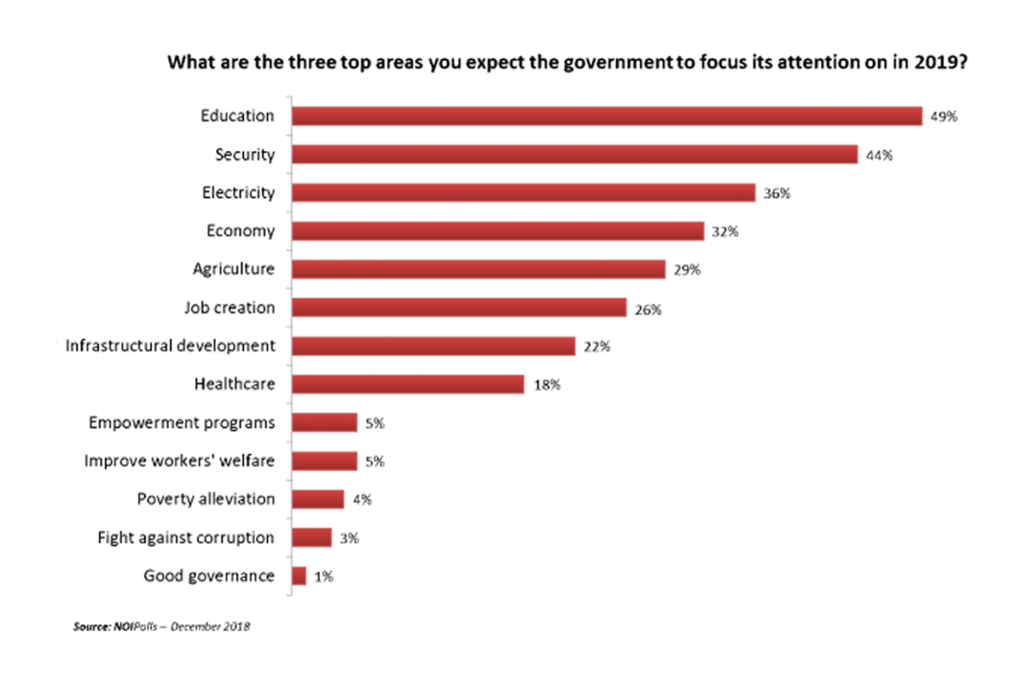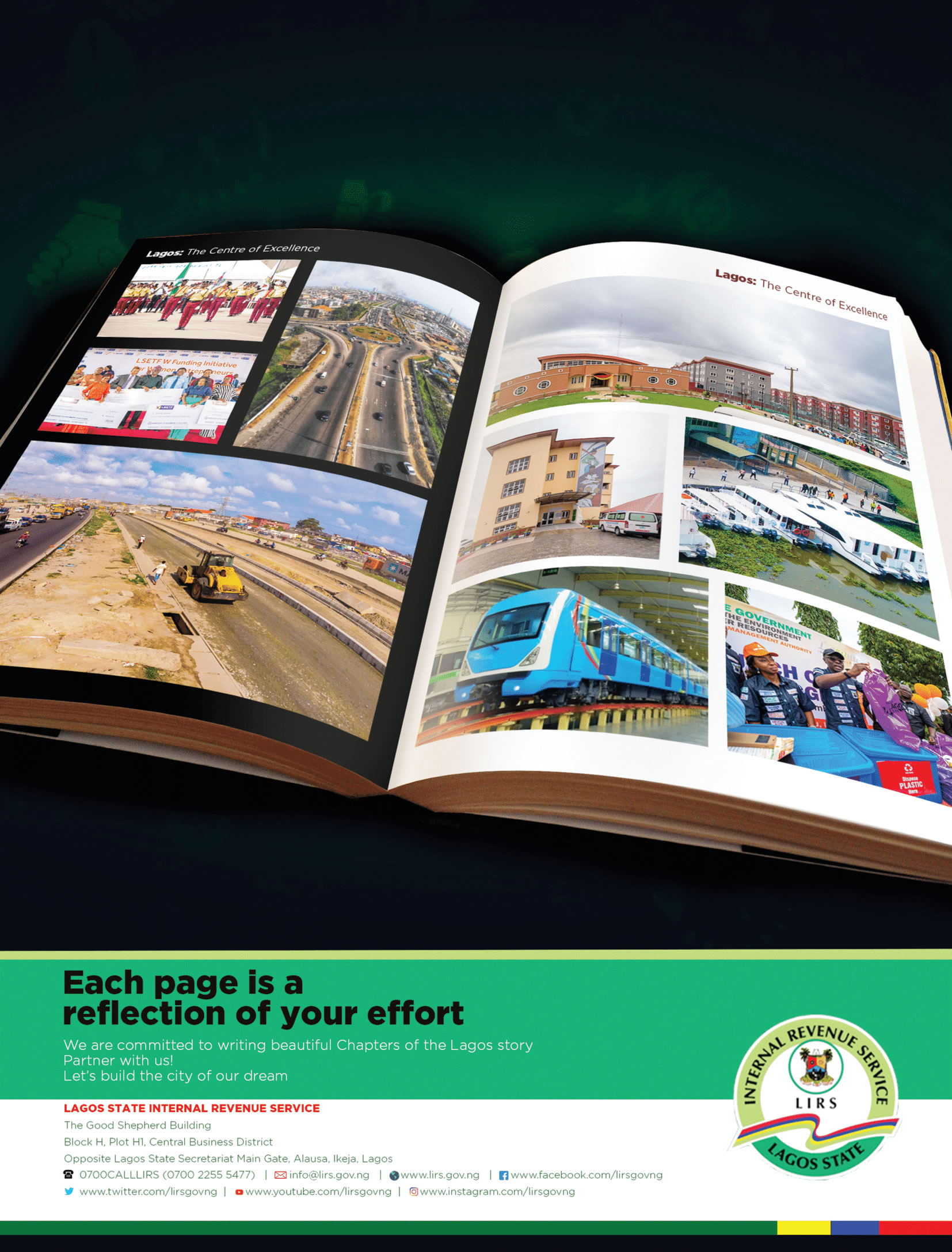New Year is one of the most important and prominently celebrated days in Nigeria and Nigerians wholeheartedly wait for the New Year to arrive. During the New Year celebration, one can clearly draw a precise picture of the rich heritage, culture, customs and tradition of the country. The celebration comes in form of parties in various public gardens, family homes, discotheques, etc. Nigerians of all age group, irrespective of their age and background mutually drink, eat, dance and celebrate with cheer and splendour offering a matchless experience.
As Nigerians enjoy the moment, it is also a time for hope as people become more optimistic for the coming year. Many individuals and organisations seize the opportunity to organise their plans for their development. People make resolutions with the hope to be better than their previous years, socially, economically and spiritually. In essence, individuals and even organisations use the New Year day or the first day of work as the case may be, to make plans in the hope of realising improved quality of life and better dividends from their businesses in the months to follow. Against this background, NOIPolls conducted this poll to assess the 3 key areas Nigerians expect the government to focus its attention on in the next 12 months
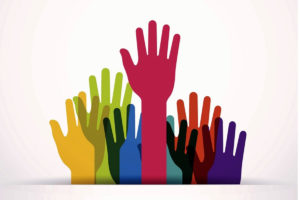
The New Year poll report released by NOIPolls revealed that most Nigerians want the government to mainly focus its attention on Education (49 percent), Security (44 percent), Electricity supply (36 percent) and Economy (32 percent) amongst other sector/areas in 2019. It is not surprising that education topped the list this year given the series of challenges facing the sector. For instance, poor funding is one of the major reasons for the deterioration and challenges in the education sector, especially tertiary education, which has led to frequent strikes by academic and non-academic staff since the early 1990s. The Federal Government’s allocation to education in the last 10 years has been inadequate as only a total of N3.90 trillion or an average of 7.07 percent has so far been allocated to the sector out of a total budget of N55.19 trillion. Also, a Demographic Health Survey (DHS) conducted by the United Nations Children Fund (UNICEF) and the Nigerian government revealed that the number of out-of-school children rose from 10.5 million in 2010 to 13.2 million in 2015 in Nigeria.
On security, 44 percent of Nigerians reported that they expect the government to improve on the issue of security in Nigeria as they believe it has not fared well in 2018. The nation witnessed a drastic breakdown of internal security challenges in 2018 ranging from terror strikes in the North-East to herdsmen and farmers conflicts in the North-Central to militants operating in the South-South. This crisis comes in several forms such as communal, religious, political and socio-economic with varying degree of casualties mostly civilians. For instance, the tension between herdsmen and farming communities saw a dramatic escalation in the first quarter of 2018 especially the attacks that occurred in some local government areas in Benue, Plateau, Adamawa, Nasarawa and Taraba states which involved the loss of lives and properties leaving many people displaced from their homes.
Opinion on power revealed that 36 percent of the respondents expect the government to significantly focus its attention on the sector, considering that this sector has faced huge challenges over the years. According to the Minister of Power, Works and Housing, Mr Babatunde Fashola, the country’s power generation was at its peak of 7,000 megawatts (MW) in August 2018. Despite reaching a peak of 7,000 megawatts (MW), it was still inadequate considering the country’s population hence, adequate electricity means that Nigerians will be empowered to work from the domestic level and the cottage industries, through the small-scale and medium industries to employment in the large-scale manufacturing complexes. Therefore, the federal government and concerned stakeholders needs to place high priority on ensuring that challenges surrounding these sectors are drastically improved to improve the economy and foster national development.
On the economy, 32 percent disclosed that they expect the government to focus its attention on all aspect of the country’s economy. This is not surprising considering that Nigerians economy did not fare well in 2018. For instance, the National Bureau of Statistics (NBS) reported that the nation’s Gross Domestic Product (GDP) grew by 1.81% (year-on-year) in real terms in the third quarter of 2018. However, the average Nigerian is yet to feel the impact of this increase in the country’s GDP because it is marginal and negligible. According to the African Development data on Nigeria’s Economic Outlook in 2018, it reported that about 152 million Nigerians live on less than 2 dollars per day and this figure represents about 80 percent of the country’s estimated 190 million population. Also, the International Monetary Fund’s (IMF) Article IV consultation report on Nigerian economy for 2018 revealed that the Nigerian economy is slowly exiting recession although remains vulnerable to external shocks such as huge fiscal deficit, low economy diversification, increasing domestic risks and rising banking sector risks. Finally, the government should do its best to tackle and improve on these areas Nigerians believe did not fare well in 2018. For instance, more funds should be allocated to the education sector and the internal security policy and strategy should be reviewed to accommodate new dimensions of security challenges in the country. Also, the government should revamp the power stations to perform at optimal capacity and diversify power sources so as not to overburden current sources. There is also a need for the government and other stakeholders to create an enabling environment for Small and Medium Enterprises (SMEs) to thrive as well as ensure that industrial manufacturing companies in the country are operating at full capacity.



